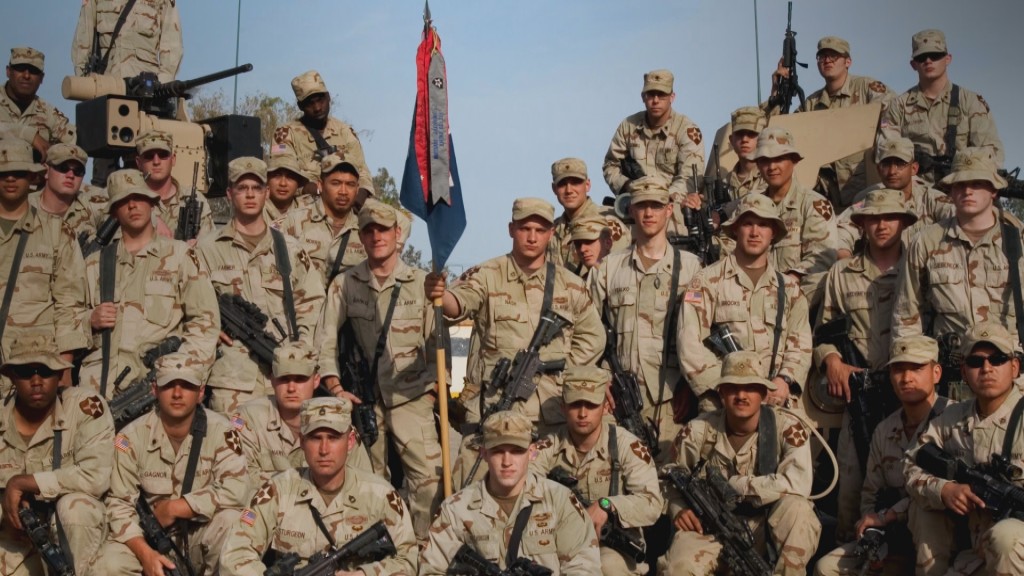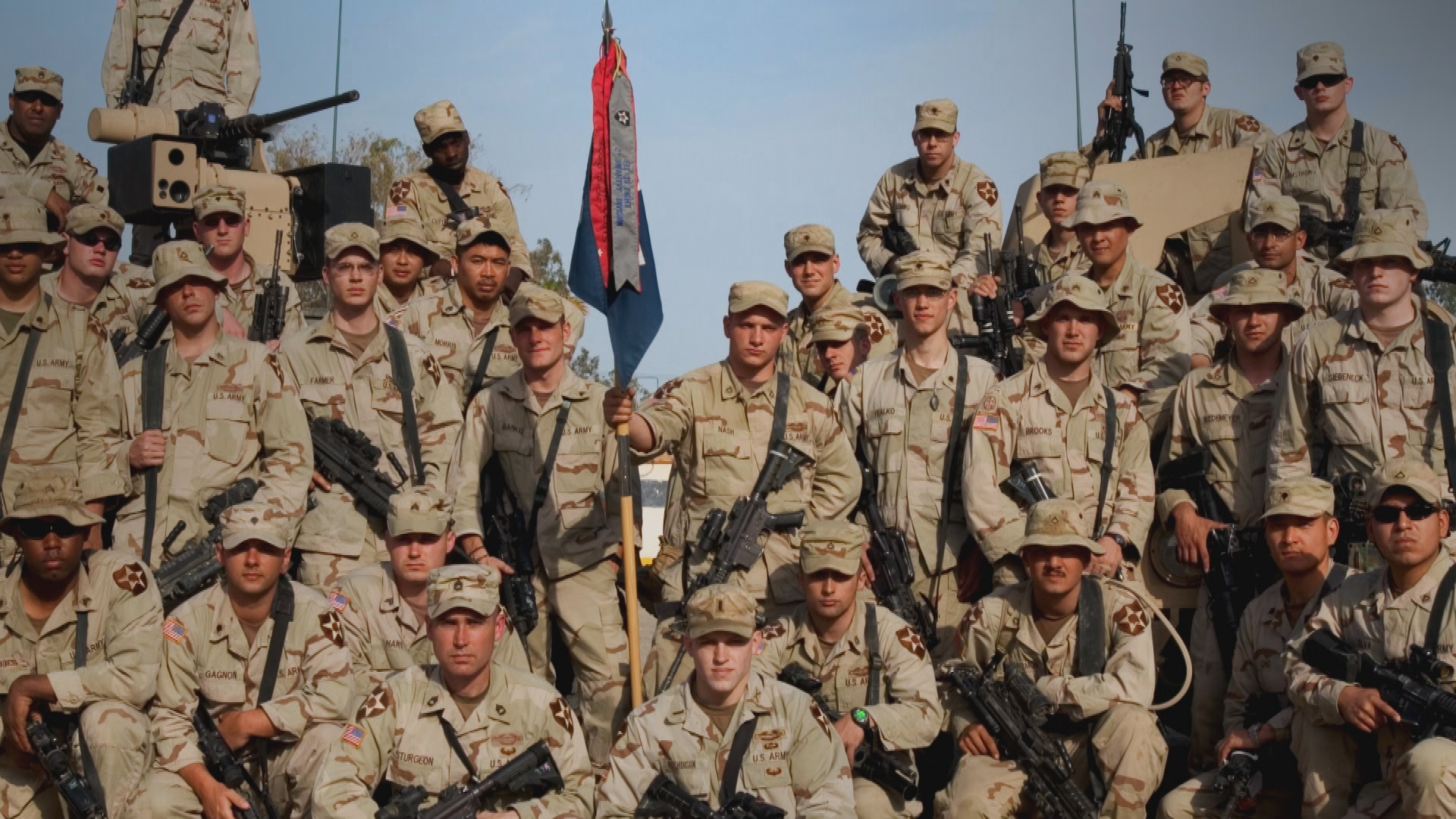Study: Success of TBI Therapy Difficult to Pinpoint

October 12, 2011
Share
Cognitive rehabilitation therapy [CRT] has been seen as one of the key ways to help soldiers suffering from traumatic brain injury. But does it actually work?
It’s hard to say, according to a report released yesterday by the Institute of Medicine. The report, commissioned by the Department of Defense, found that while there’s promise in therapies that exercise the brain, so to speak, it’s hard to measure their effects for numerous reasons, including an inability to measure a soldier’s brain function pre-injury, as well as a lack of standard treatment. Therapies can range from psychological treatment to speech therapy.
Almost 200,000 soldiers have been diagnosed with TBI since 2000; many more have gone undiagnosed. Stories from three veterans featured in our 2010 film The Wounded Platoon show just how complicated it is to recognize a brain injury in theater, and how difficult it often is to get a TBI diagnosis.
Reporting from ProPublica and NPR found that CRT is often effective for veterans suffering from TBI, but that the military’s Tricare health insurance, which covers almost 4 million troops and retirees, doesn’t cover the treatment.
Despite a lack of definitive findings, the panel’s chairman remains optimistic: “It doesn’t mean beneficial therapies don’t exist. It just means that at this point in time it’s hard to ascertain them,” Georgetown neurologist Ira Shoulson told The Washington Post.
But others in the field are worried about the report’s impact. “I fear that these conclusions could be used as a basis for Tricare to not fund cognitive rehabilitation,” Keith Cicerone, a rehabilitation researcher at the JFK Rehabilitation Institute, told the Post.
Asked for a comment on the report, a Pentagon spokeswoman told the Post “CRT services are frequently a component of a comprehensive package of … services provided to beneficiaries with TBI.” She said since 2009, Tricare has provided 71,000 hours of CRT and that it “has reimbursed care in the private sector for an additional 54,000 hours.”
Related Documentaries
Latest Documentaries
Related Stories
Related Stories
Explore
Policies
Teacher Center
Funding for FRONTLINE is provided through the support of PBS viewers and by the Corporation for Public Broadcasting, with major support from Ford Foundation. Additional funding is provided the Abrams Foundation, Park Foundation, John D. and Catherine T. MacArthur Foundation, Heising-Simons Foundation, and the FRONTLINE Trust, with major support from Jon and Jo Ann Hagler on behalf of the Jon L. Hagler Foundation, and additional support from Koo and Patricia Yuen. FRONTLINE is a registered trademark of WGBH Educational Foundation. Web Site Copyright ©1995-2025 WGBH Educational Foundation. PBS is a 501(c)(3) not-for-profit organization.





















